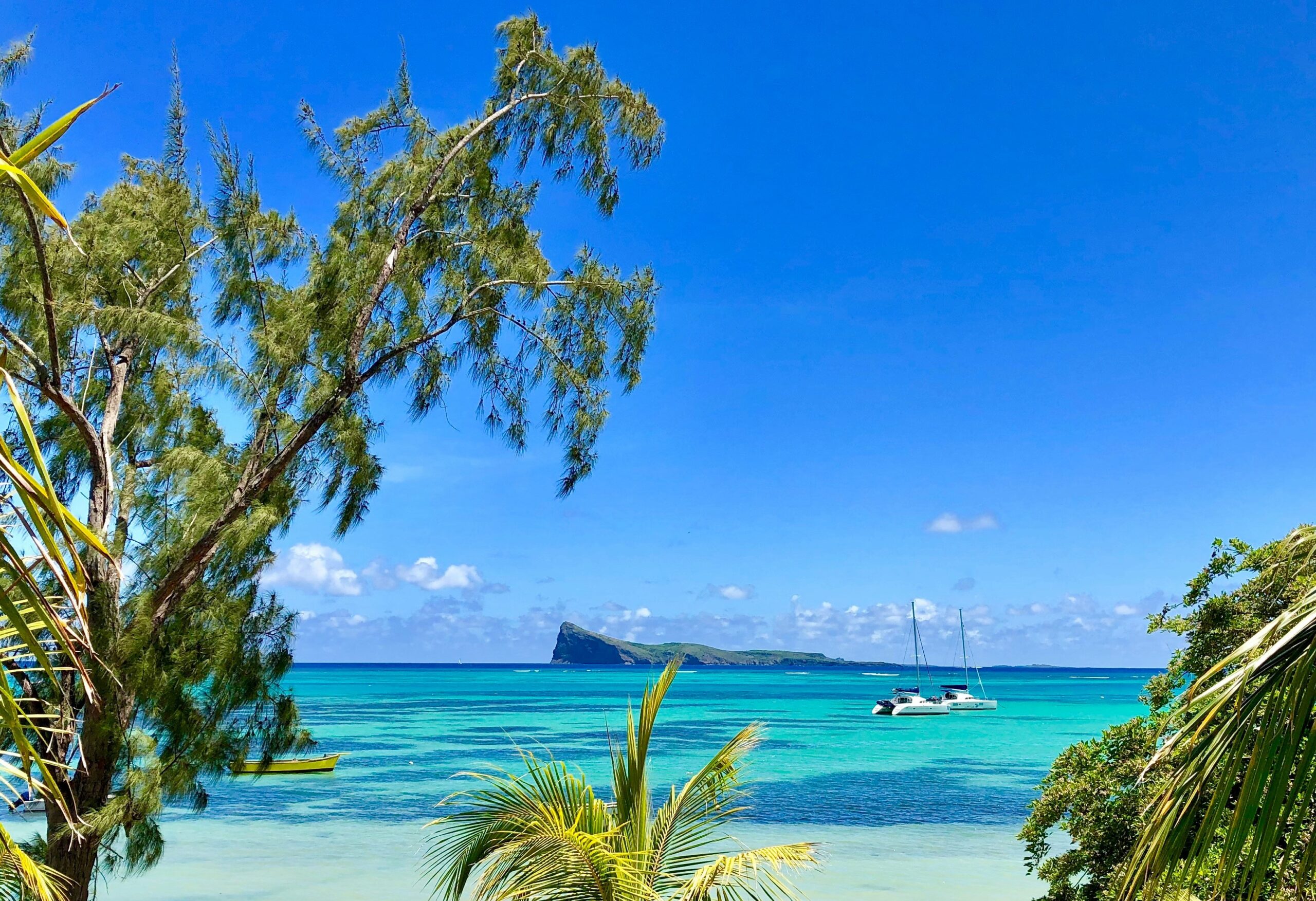
Bann Suvenir
Lil Moris
Mo ti ne dan lopital sivil Port-Louis an 1948, trwa zan apre deziem ger mondial. Mo papa ti morisien, mo mama ti angle, zot ti zwenn dan enn lopital dan Londres kot sot ti pe travay pandan lager. Mo bann suvenir Moris kot mo mo ti habite ziska laz diset an, se bann suvernir laplaz, lamer, me osi bann zoli kaskad dan lamontagn, bann gran lakaz kolonial avek zot lavarang vitre kot ti ena enn pake fuzer, palmie, antiriom e lot plant ekzotik. Nu zarden ti ranpli et bann zarb fritie, kuma mang, letsi, longan, goyav, friapen papay, …. dan bazar. Seki mo rapel, se ki ti ena enn kakofoni langaz dan Moris, tu dimun ti konpan reol, me zot ti osi koz zot lang ansestral – bhojpuri, indi, urdu, gujerati, frans, angle, mandarin, hakka.
and forests, markets, street vendors and most of all a cacophony of languages including English, French, Mauritian Creole, Bhojpuri, Cantonese, Mandarin, Hakka, Gujarati, Hindi … Linguistic diversity as well as religious diversity and tolerance of differences. Our mother spoke English, our father stuck to French, our maids communicated in Creole, the lingua franca that united all races cultures, the only language that was understood by all. Despite its universality, it was frowned upon by the francophones who feared that if their children spoke this language, they would not learn the prestigious tongue of their ancestors, French. I remember the narrow streets of my home town, Quatre Bornes, the deep canals on either side of the road that allowed rainwater to drain following torrential downpours, so common in summer, during the cyclone season. Next to the canals were tall bamboo hedges that ensured the privacy of affluent property owners living in those beautiful colonial homes. They were built of timber, cut from the lush tropical forests where once grew mahogany trees, now all gone. I completed my secondary education in Mauritius at Queen Elizabeth College, which has now become one of the most prestigious girls’ schools on the island, churning out numerous laureates. My family emigrated to Australia in 1966 as my parents wished for their children to go to university, and there was none in Mauritius. They chose Australia, which had only just abolished the White Australia policy. Mass migration of Mauritians was to follow, since now the Australian government was more concerned about boosting its population to fend against the yellow peril and was prepared to close its eyes to the colour of its migrant’s skin. We still had to provide evidence of European heritage to qualify for residency. Thank goodness all this idiocy is now behind us. As an islander, I suffered from pangs of isolation and longed to go to a ‘big’ country, live in a big city, but I underestimated the heartache of leaving friends and loved ones behind, and the challenges of integrating in a new culture. I understood English, but Australian English sounded like a very foreign language and it took months to develop and ear even for ABC English. My memories of Mauritius have shaped what I am today. Despite having been in my new country for over 50 years, I still yearn for the images, the scents and smells of Mauritius – the wet earth after the rain, the flowers, the fruit, the Indian delicacies cooking by the roadside … Join me in reliving the memories that shaped into being a Mauritian-Australian.
houses, Beaches, Gardens
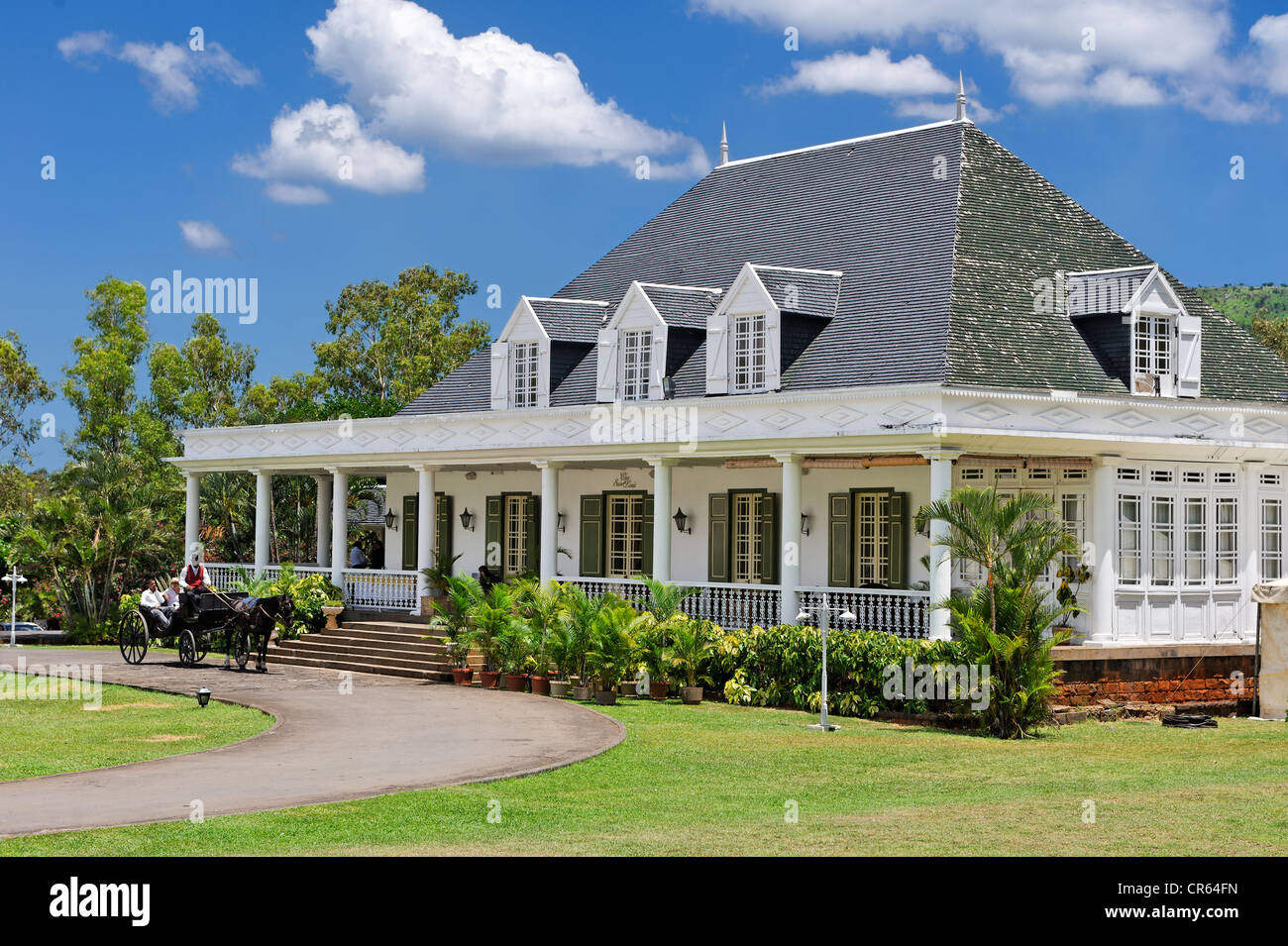
Childhood
My seventh birthday is the first tone that I can remember. I am seriously ill with whooping cough, and I am in isolation in a large bedroom. I vividly remember the little brooch that my godmother, Jeanne, sent me to cheer me up and wish me well. We were living in Candos, in a large timber house next to the Candos hospital where my father is working. I remember the semi-circular driveway where my mother learnt to drive. The wall on the side of the garden, with the tall sunflowers. I can still smell them. It was there that my mother organized a fancy fair to raise funds for the primary school. She had made cup cakes and I can remember eating the buttery tops.
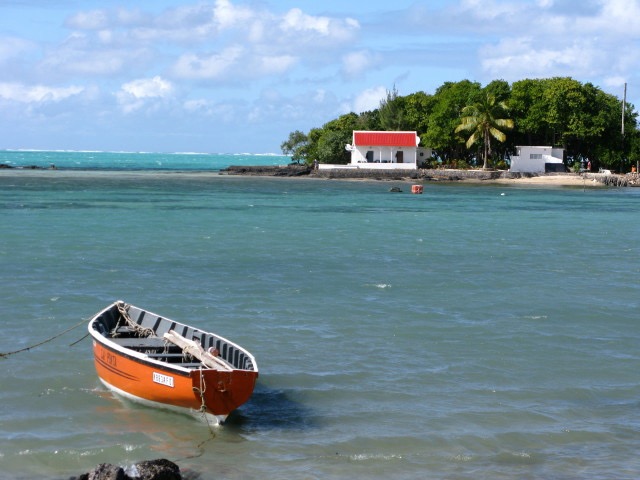
Friends
My best friend from the social group was Jojo, who lived next door. My best friend from school was Wendy, an English girl – we lost contact long ago. I also loved Shakun, with whom I am still in touch and often feel that I would like to meet with her again before too long. She is one of the smartest girls I have known. Jo had a tragic life, losing a daughter in a car accident in South Africa aged in her early twenties. Jo died many years ago of lung cancer – she was a heavy smoker and told me that she did not care if it was going to kill her, because after what happened to her daughter, she believed in fate and thought that whatever we did or didn’t do, our fate was pre-determined.
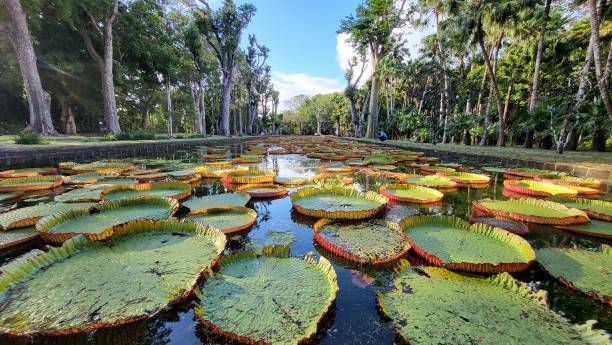
New Beginnings
We set off on a steam hot afternoon in January, and despite the tropical heat of Mauritius I was dressed in a woollen suit and long sleeve shirt – my mother had in mind that Australia must be as cold as England because it is an English speaking country. We flew South African Airways, and our first stop was in Cocos Island which still belonged to the Clunies-Ross family until 1979. We got off the plane and went to buy a sandwich – I was told I should buy a stamp as the island was going to change hands and the stamp would accrue in value. I still have the stamp, but I have no idea where it is. From Cocos Island to perth, where the temperature soared above 40oC and my woolen outfit felt even more unbearable. We were greeted by an Australian family who took us to their place in the hills for dinner and I asked if I may have a bath. I still remember filling that bath with cool water and I wonder if I washed the bath after – I am sure there must have been a ring of dirt! Then they took us to the airport for the midnight flight to Melbourne – my dad and I laughed a lot at the airport when we saw the new fashion of knee length shorts, so different from what the young ones in Mauritius were wearing – short shorts! I fell asleep as soon as I was seated in the plane and had to be woken up five hours later as we landed in Melbourne. We were met by HC who took us on a grand tour of Melbourne to show us where his children went to school – this was totally wasted on us who couldn’t wait to get to a home, to wash, and rest. We were exhausted. Finally we got to the pink house in Balwyn and met the C family. The heat wave, the smell of pine trees, smoking cigarettes, the change of currency two weeks after we arrived. Walnuts. Dogs.
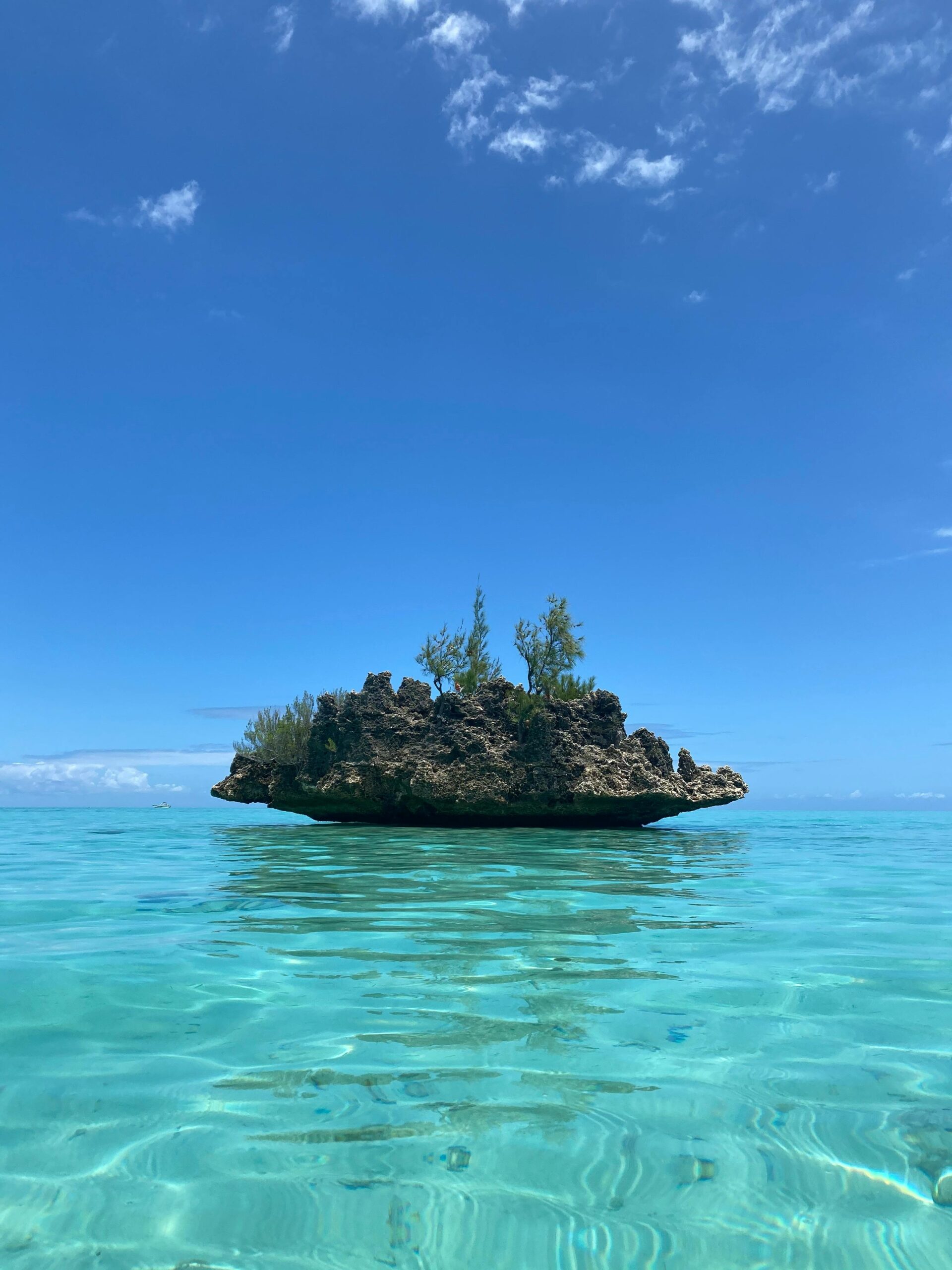
Languages
At [Company Name], we pride ourselves on our unwavering commitment to preserving and celebrating the cherished memories of childhood in Mauritius, providing seamless connections to loved ones back home, and offering invaluable support to those navigating the challenges of emigrating to Australia as teenagers. Our passion for authenticity, unwavering support, and celebration of new beginnings drives everything we do. Join us in reliving the past, connecting with the present, and embracing the future.
Testimonials
Reliving my childhood memories in Mauritius has been an absolute joy! Thank you for bringing back those precious moments.
Sara Smith
Thanks for helping me stay connected with my family in Mauritius. Your service has made a world of difference.
John Williams
The support I received when I emigrated to Australia as a teenager was invaluable. Thank you for making the transition easier.
Emma Johnson